Summer is here homesteaders. Keep your homestead in tiptop condition as you run through these summer chores we have listed for you guys!
RELATED: 145 Homesteading Skills Every Homesteader Must Be Equipped With
13 Homestead Summer Chores You Should Never Put Off Doing!
1. Replenish Animal Water Dishes
View this post on Instagram
Do not underestimate the dangers of dehydration! Make sure all your animals, including house pets, have more than enough water to beat the heat.
Some of the animals that are most at risk of dehydration are rabbits. These small warm-blooded critters have an extremely thick coat of fur, so you can just imagine how hot the summer gets for them.
To resolve the issue, try placing multiple frozen bottles of water around their dens. The rabbits can lay their bodies on these to help cool off.
2. Follow Pest Control Guidelines
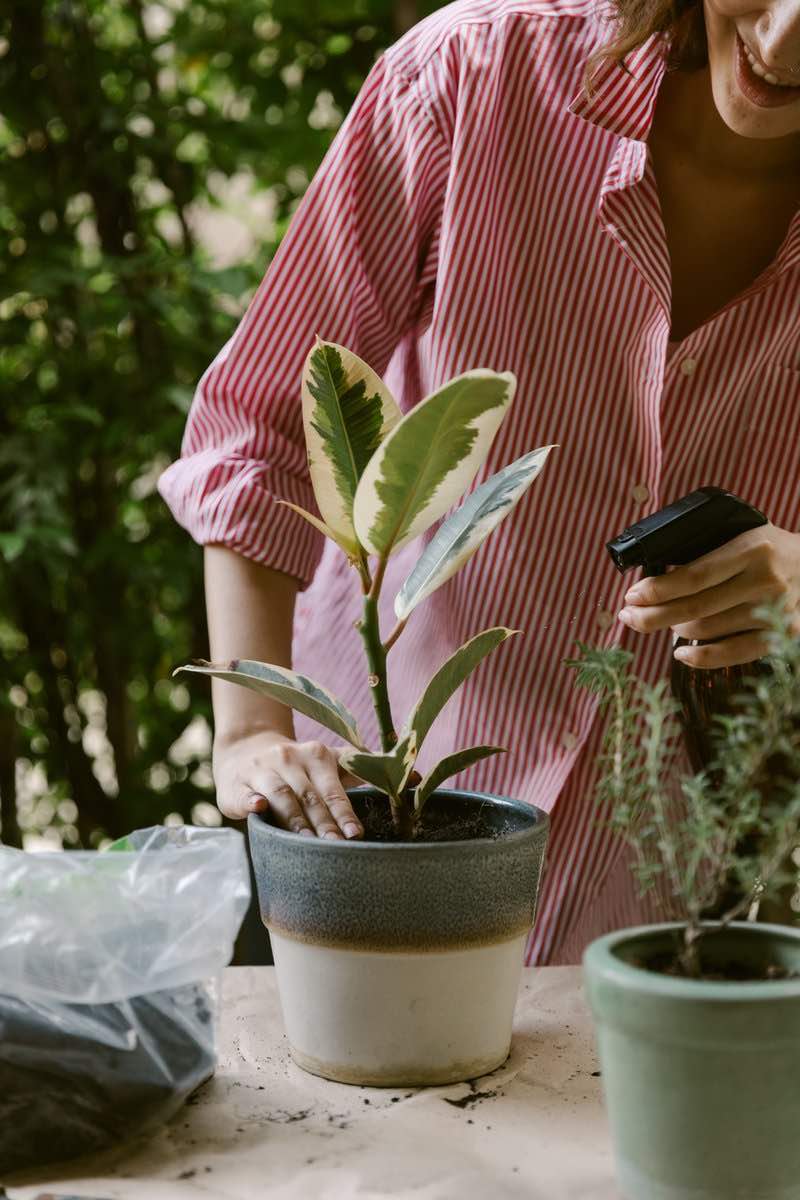
Pests are more active during the summer. The increase in temperature forces them to perform all the tasks they need to do now so they can hibernate during the winter.
Sadly, increased insect activity also puts crops and plants at risk. Pests will feast on your beloved garden if you don’t take the necessary pest control precautions.
3. Check Livestock for Illnesses and Diseases
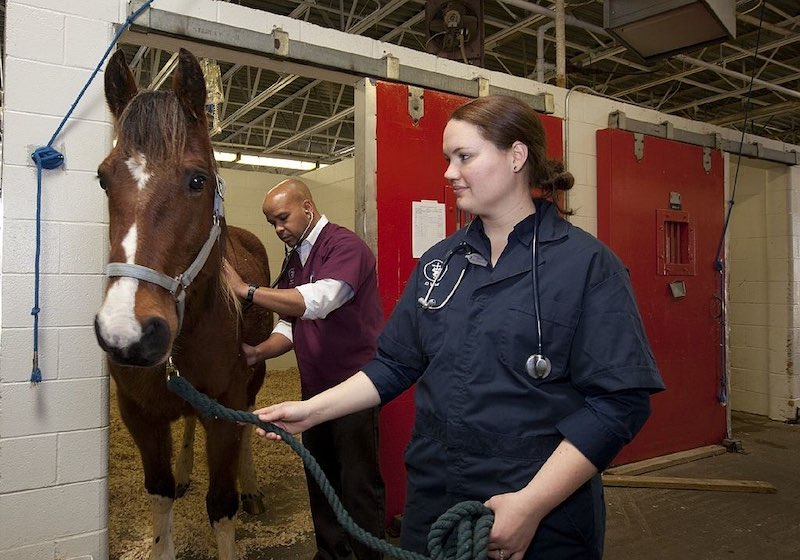
Summer is a great season to take on more livestock since the weather is usually nice and warm. Plus, you won’t have to worry about any flooding.
The only downside here is that a lot of animals get sick during the summer. Make sure you check your livestock regularly for symptoms of various diseases and infections. These include:
- warts
- fatigue
- loss of appetite
- rashes
- breathing difficulty
4. Collect Eggs
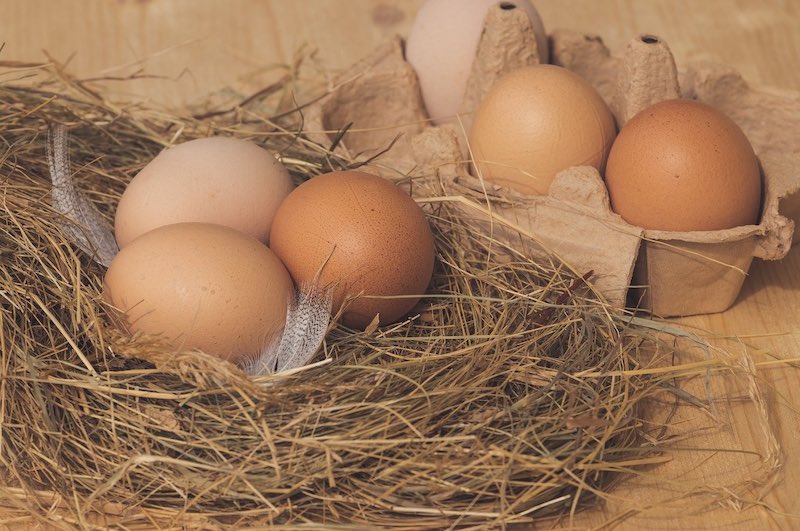
Summer is a great season for homesteaders who keep chickens. It’s during these warm months where brooding hens lay multiple eggs all at once. In fact, it’s not unusual for one to collect eggs every day during the summertime.
When collecting the eggs, make sure you separate the fertilized ones. Place them in the brooder and then wait for them to hatch.
To ensure proper growth, we strongly recommend reading up on how to raise chicks. You’d be able to double or triple the size of your flock if the chicks are raised properly in the right environment.
5. Create Garden Bed Irrigation and Watering System
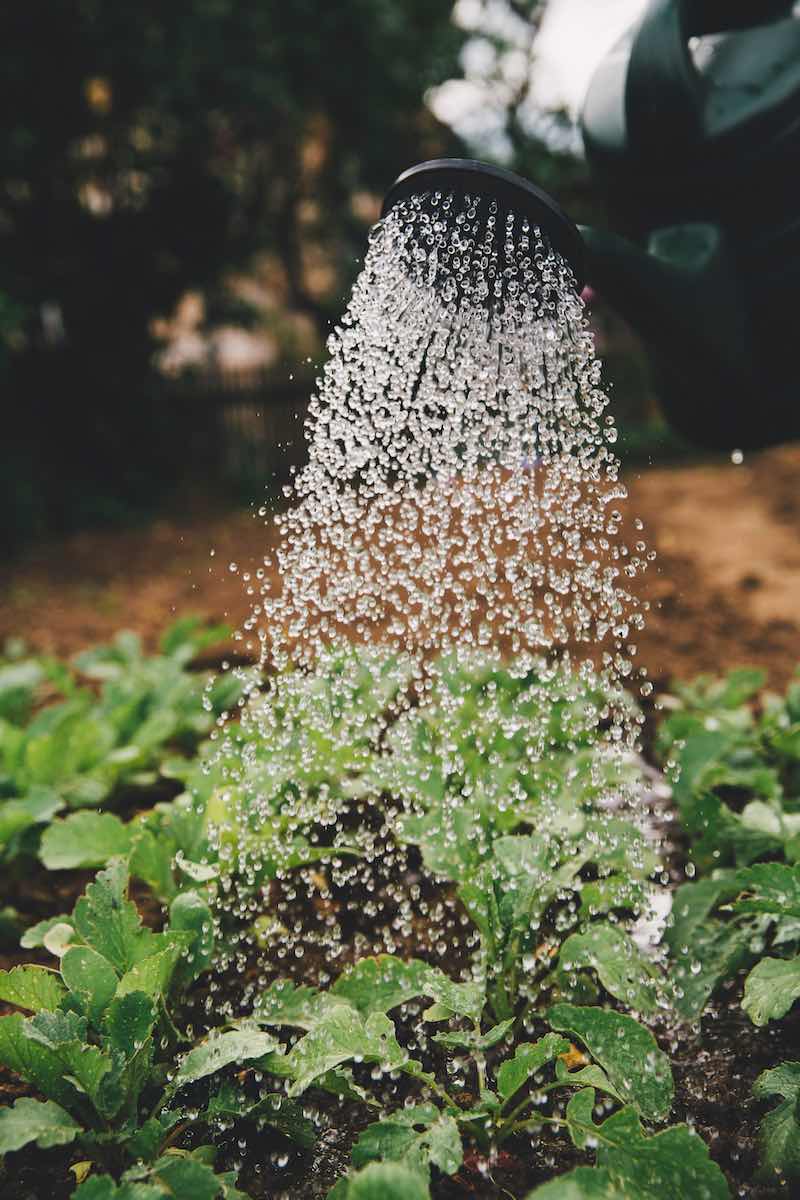
Watering your plants during the hot summertime should be a given. They need sufficient amounts of water to compensate for the excessive heat causing the water in the soil to evaporate.
A good approach here is to set up an irrigation and self-watering system. That way, even if you do forget to do the watering, your plants won’t have to suffer for it.
6. Clean Up After the Animals
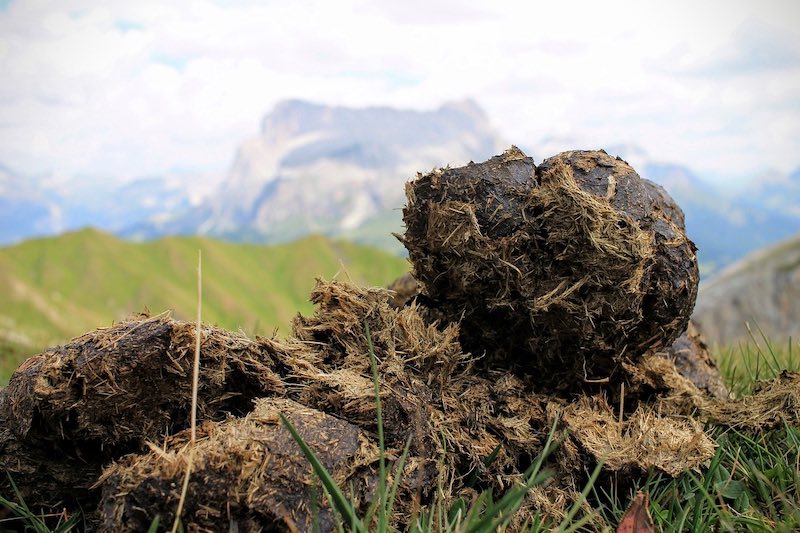
Disposing of your livestock’s feces is a 24/7 job done 365 days a year. However, farms often become dirtier during the summertime as homesteaders opt to take on more livestock during this season. After all, a lot of animals can’t survive the winter.
Apart from cleaning up after your livestock, we advise adding proper ventilation to their homes.
For example, the main reason most chicken coops become a hot, steamy pit of feces during the warmer months is homesteaders forget to install proper ventilation. The lack of windows literally seals in the stench of the manure.
RELATED: Homesteading Hacks Every Homesteader Should Know
7. Practice Canning Foods
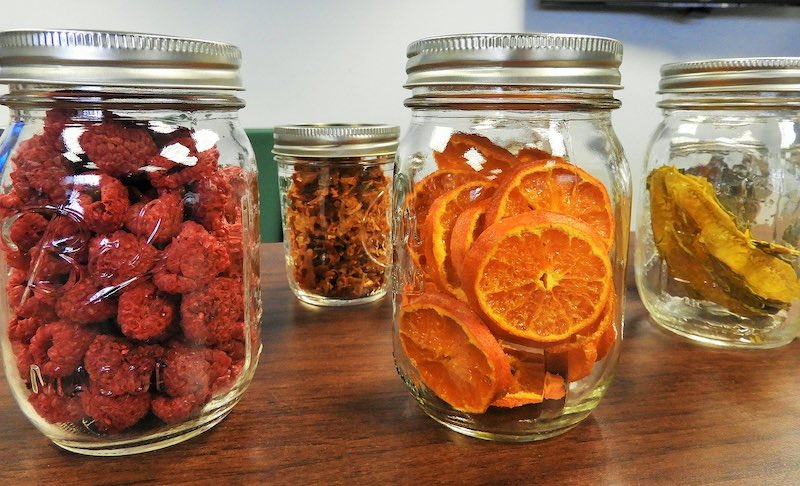
Summer is a great season for harvesting crops. All kinds of trees, vines, shrubs, and root crops will be in full bloom during these warm months.
However, it’s not the best season to start storing fruits and vegetables in bulk. The hot weather drastically reduces the lifespan of freshly harvested crops.
Rather than stuffing your freezer to the brim with crops, opt to preserve them through canning. If done properly, canned veggies and fruits can last multiple months!
8. Clear Garden Weed
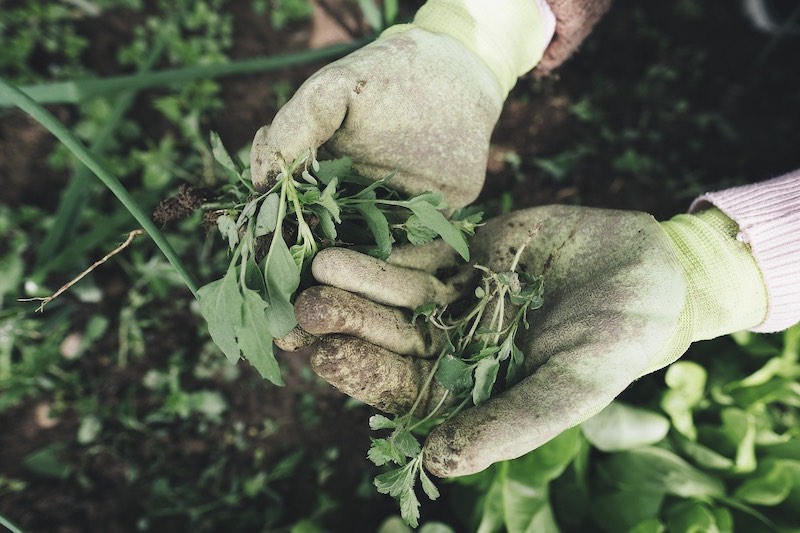
Along with the fast-blooming summer flowers and fruit trees is the boosted amount of garden weeds. Get rid of these quickly because they’ll only rob your plants of precious, limited nutrients.
9. Repaint Damaged Areas in Homestead

Looking for fun chore ideas to do with your teenage kids this summer? Try repainting your home!
Summer is the perfect time to repaint your homestead because you won’t have to worry about rain or humid air ruining the paint. We strongly urge homesteaders to make the most of this opportunity.
10. Stock Up on Firewood
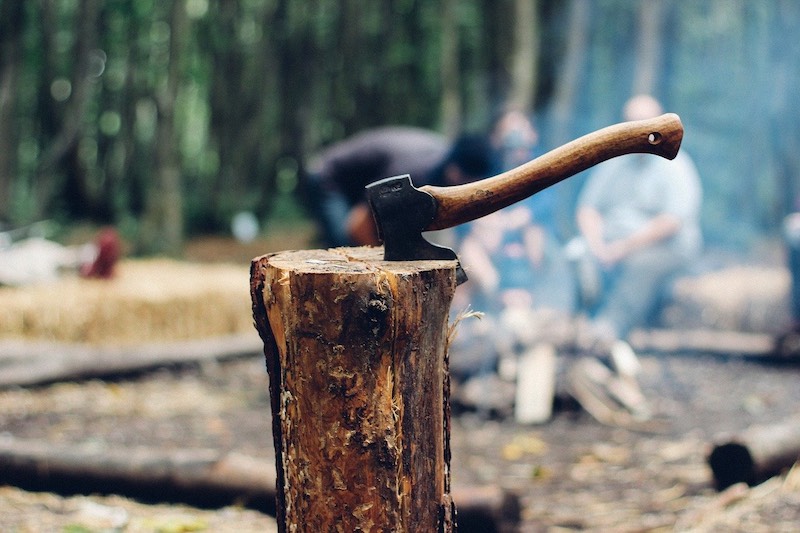
Collecting firewood during the winter is exponentially harder than doing so in the summer. The winter air is freezing, the ground is slippery, wood is scarce, and most trees left are frozen solid. Perhaps the best approach here is to start collecting firewood months before winter even comes.
11. Harvest Crops Promptly
Most fruit and vegetable plants bloom during the summer, so expect your summer chores list to consist of harvesting for the coming weeks. Don’t leave the crops hanging for too long or they might overripen.
12. Watch Out for Snakes
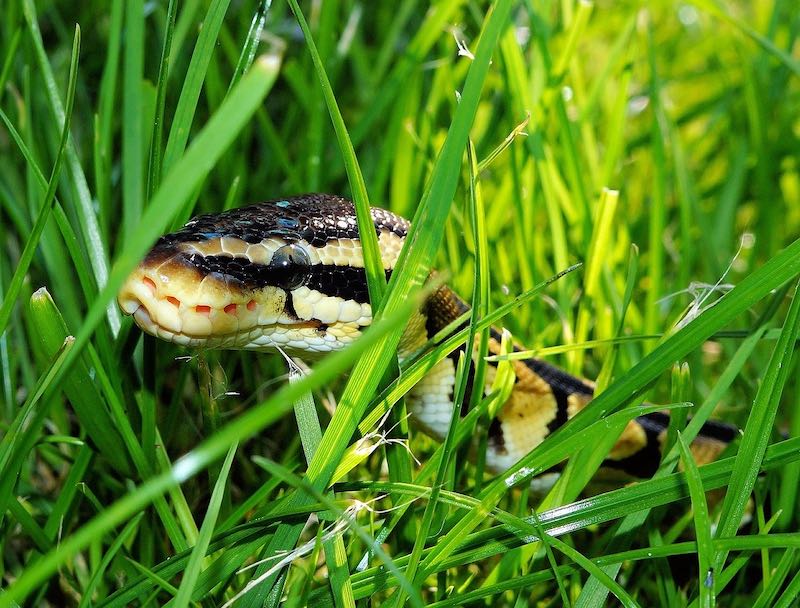
Watch out for snakes! These dangerous pests become more active during the summertime as the heat forces them to source for doods, look for shade, and possibly relocate.
Remember, snakes thrive in dark, moist environments, so keep your homestead clean and dry to keep the pests away. Repair all pipe leaks, adjust the sprinkler/irrigation system, trim the lawn, and clean up animal feces.
13. Start (and Finish) Any Prefered Home Improvement Project
Make the most of the warm, sunny days to come by taking on new home improvement projects! Build a new deck, dig a swimming pool, expand your garden, plant new trees, or even remodel your homestead.
Check out this video by Cog Hill Family Farm where they share their daily summer chores routine:
Chores can be tedious, but they’re absolutely necessary. Regular maintenance and upkeep are important in maintaining the overall quality of your homestead.
Prepare your summer chores list now and divide your work between your family. This will be a summer bonding every homesteading family will look forward to.
Do you have anything to add to our list of summer chores? Share with us how you take care of your homestead. Post your thoughts in the comments section below!
Fellow homesteaders, do you want to help others learn from your journey by becoming one of our original contributors? Write for us!
UP NEXT:


 (@veggieplot)
(@veggieplot)
Leave a Reply